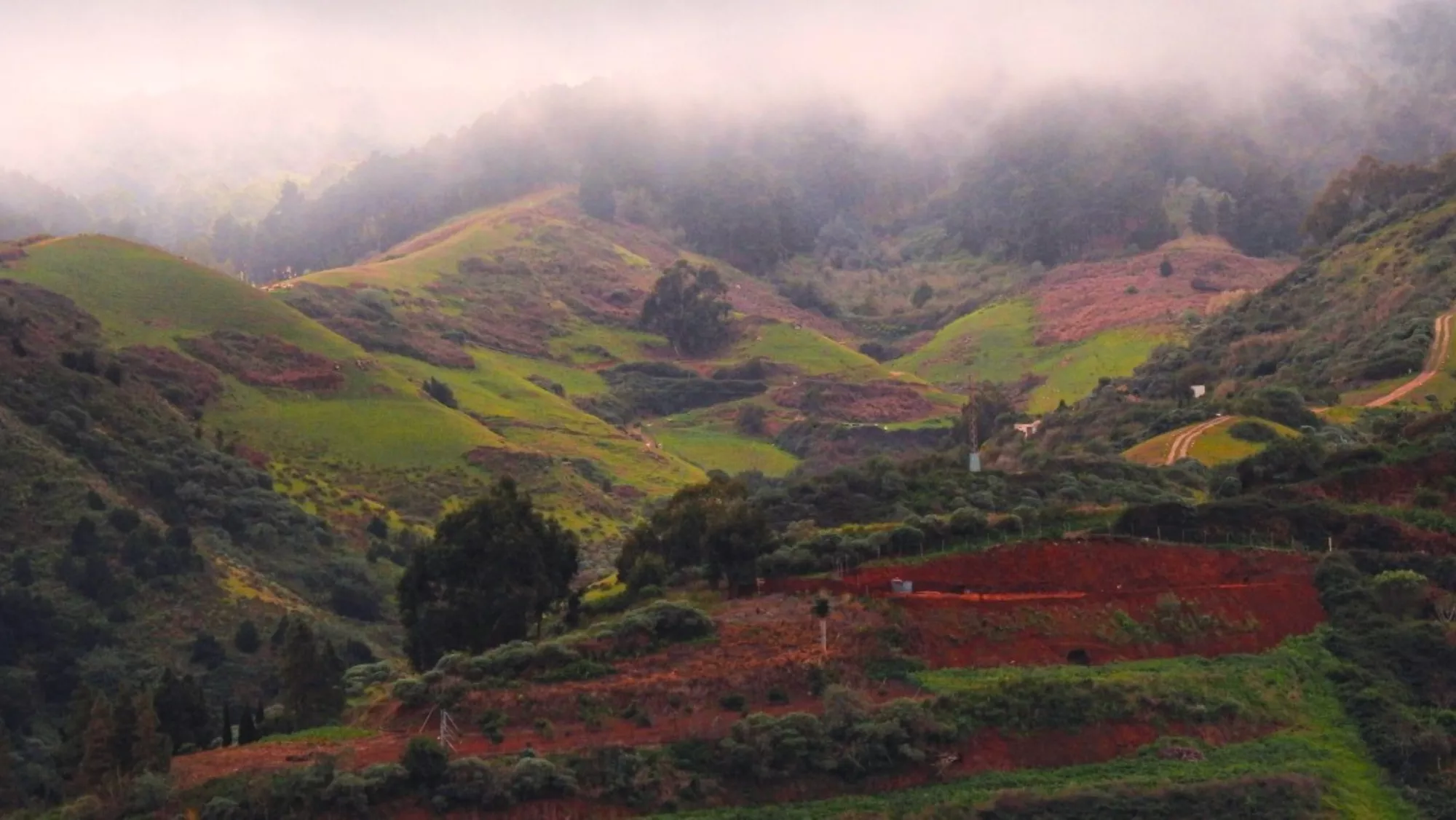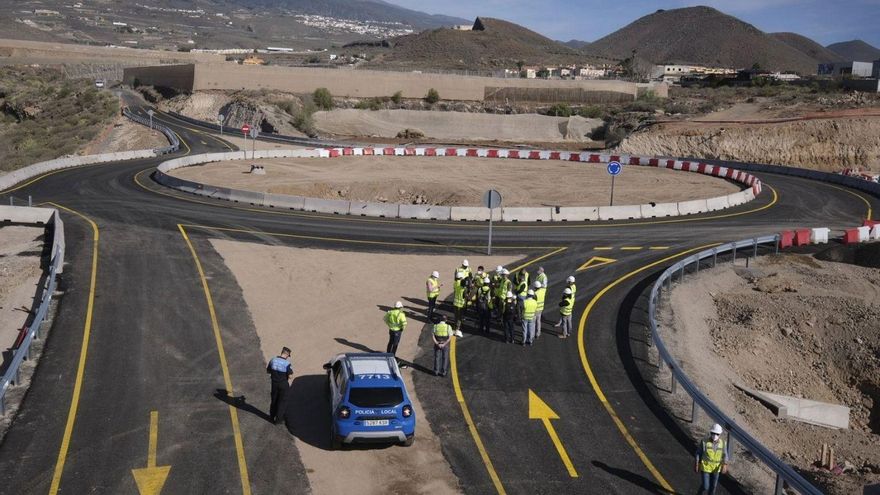Canary Islands Parliament Approves Pioneering Volcanic Law

The new law introduces retroactive effects, safeguards social and economic rights, and compensates future victims based on actual value.
SANTA CRUZ DE TENERIFE, 19 Sep. (EUROPA PRESS) –
The Canary Islands Parliament’s Committee on Governance, Autonomous Development, and Justice has approved the volcanic law report, with consensus from all parties and the backing of over 19,000 signatures from the promoting committee that presented the text to the Chamber.
The law, which will be definitively approved next Wednesday in the full Parliament session, generally introduces retroactive effects to safeguard economic and social rights, ensuring compensation for lost properties and dignified housing for those affected.
Jesus Ramos (ASG) highlighted the “pioneering” nature of the new law and its origins in citizen initiative, noting it will allow for “faster processes” in the event of future eruptions, following the “obstacles” encountered in La Palma.
He praised the recognition of rights for those affected, such as the right to reconstruction or relocation, recovery of productive sectors, and social and health protection. The law also increases legal security, reinforces social cohesion, and guarantees institutional coordination.
Javier Nieto (Vox) commented that the law is “very important for rectifying past errors”, as four years later, residents of La Palma still suffer from these issues. He expressed hope that this would prevent similar challenges during future eruptions.
He criticized the groups for the “absence” of local councils, the administration closest to citizens, and raised concerns that the new law lacks financial backing, fearing it may turn into mere “good intentions.”
NC-bc spokesperson Luis Campos noted that more eruptions are likely in the Canary Islands, emphasising the necessity to “reflect and plan” with a legal framework to be “prepared”.
He insisted that the law takes a “broad view”, addressing various issues in the economic, social, health, and environmental sectors. He particularly underscored the need for the Insurance Consortium and companies to inform residents of the risks associated with owning property in volcanic areas.
«PALMA’S ERUPTION, “WITHOUT A MANUAL”, REMINDS THE PP»
Raquel Díaz (PP) acknowledged the “high-mindedness” of all groups in crafting the law, which aims to bolster “emergency management” faced by La Palma’s residents in 2021.
She recalled that the eruption “arrived without a manual, evolving daily and testing all teams, including emergency responders, but fortunately resulted in no casualties, becoming a clear example of effective management and human and institutional solidarity.”
Jonathan Felipe (CC) remarked that the volcanic law exemplifies “useful politics” led by popular initiative, demonstrating “empathy” from La Palma residents affected by the eruption, who also considered those from other islands.
He noted that time moves slowly on the island and hopes the law will serve as an “opportunity” for the future, as there is still much to be done and people awaiting compensation, stating that “moving an administrative dinosaur” is challenging.
Alicia Vanostende (PSOE) appealed to transform the “sorrow” of recalling the eruption from four years ago into a “desire to move forward and seek a future.” She highlighted the generosity of all parties in drafting the new law “free from partisanship.”
“This law is not solely about La Palma and the ‘Tajogaite’ eruption; it recognises and accepts that we live in a volcanic territory. It is born from the lessons we’ve learned and the hardships endured, as well as from re-evaluating our successes and mistakes,” she stated.












